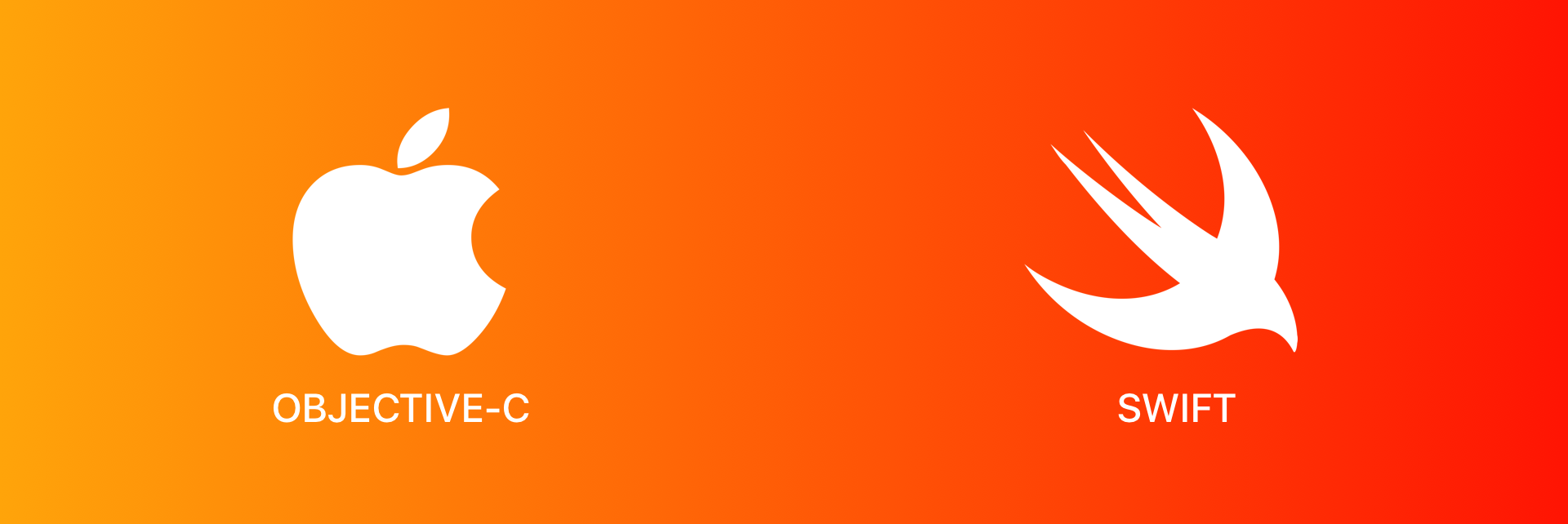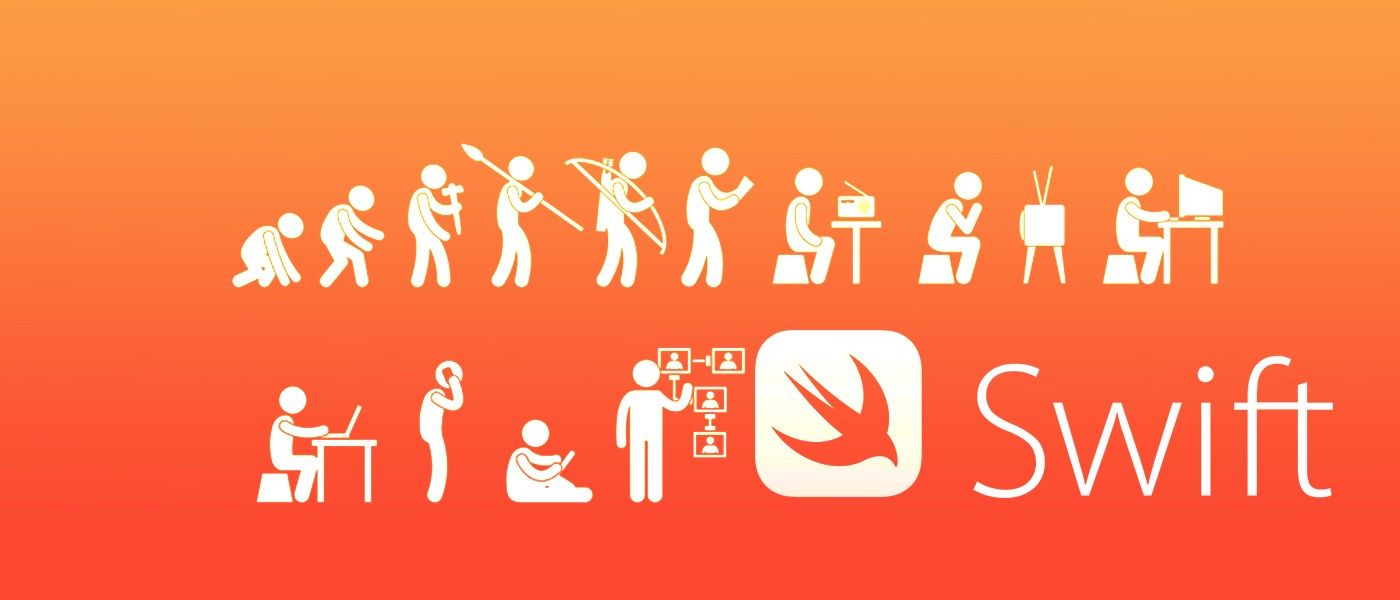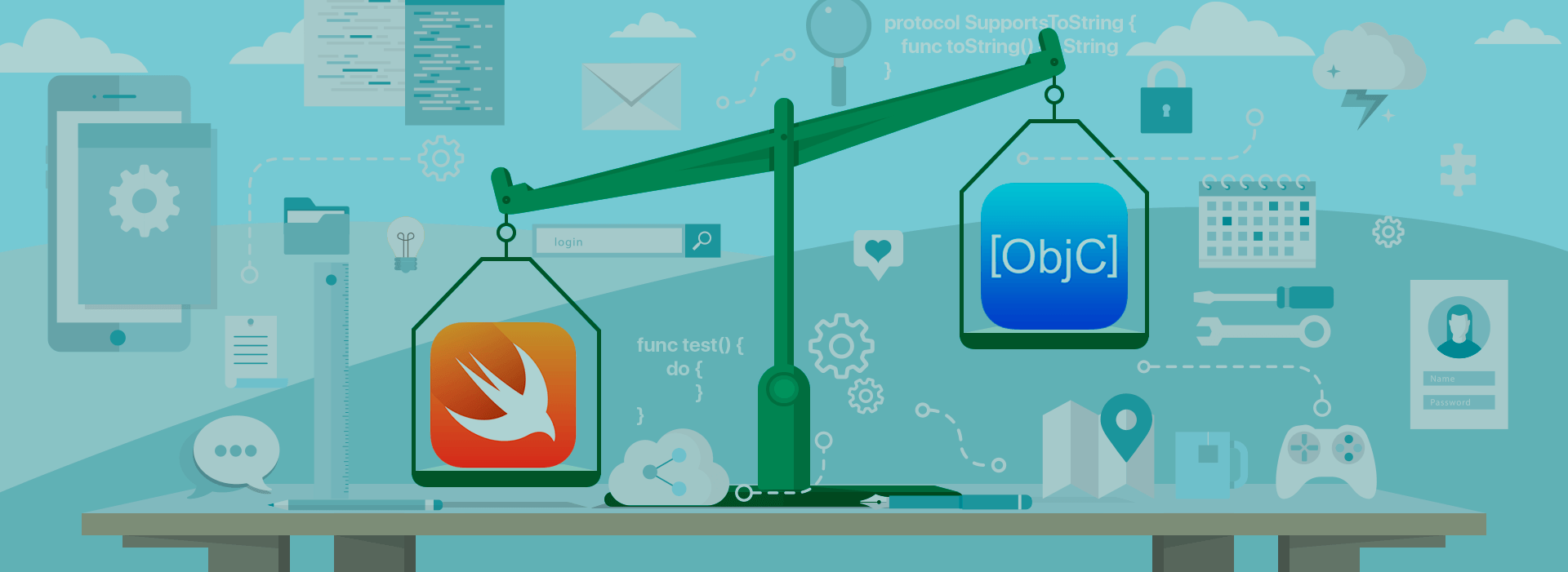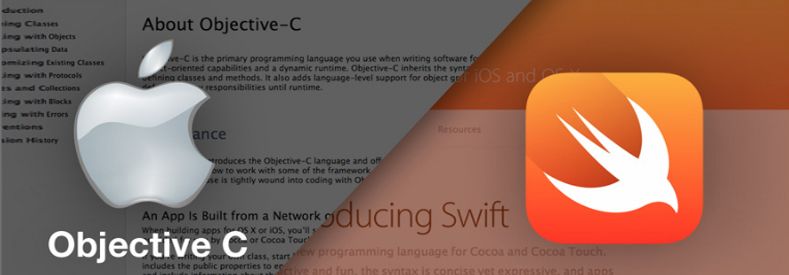Why Swift is better than Objective-C?

Considering the immense popularity of Swift among developers, we were really surprised to find out that there are still projects, which are new, and which are written in Objective-C. The thing is, we saw many clients who came to us and requested project rescue or app maintenance – and those projects and apps were freshly developed and written in Objective-C!
We’ve gone through explaining the matter what was wrong many times and thus we decided to write an article on the topic and explain why today Swift is a simply better choice for iOS development.
A bit of History

Objective-C was developed in the early 80ies. And it was fine until the 2014 year when Apple announced Swift which was much easier to learn and faster to use. No wonder Swift soon became the number one choice among iOS developers. According to Stack Overflow, in 2017 Swift was on 4th place among most loved languages and on 11th place among most popular languages (with Objective-C on the 12th place). RedMonk noted the growing Swift popularity as well, stating that, since 2011, Swift is the fastest-growing language.
For sure, there are reasons why Swift managed to get into top programming languages so fast. See them below.
The advantages of Swift

1. Swift is the future of iOS (and not only) development
Swift sees a lot of investment from Apple in terms of updates, deployment, and improvements. It is faster than Objective-C, requires less memory management and is more expressive. In 2016, Google announced that it’s considering to use Swift for Android app development due to Swift being open-source and impressively high-performing.
2. A high speed of growing
Swift is among the fastest growing open-source languages. By making the language open-source, Apple made it possible to use Swift across different platforms, constantly gather feedback from the community and quickly implement needed changes. Swift community consists of millions of developers and keeps increasing.
3. Less coding efforts
In case of Objective-C, developers manage two separate files: implementation (.m) file and header (.h) file. With Swift, these two files are combined in one single program file (.swift).
Thus, there will be twice fewer files, which leads to saving time and better management.
As well, this language supports passing functions as variables, which results in a very generic code, capable of many awesome things.
4. Less error-prone
The syntax and language constructions of Swift exclude certain types of mistakes that are possible in Objective-C. Since Swift is so stable, that means less crashes or unexpected behavior.
5. Low memory space
Apps written in Swift use dynamic libraries that are loaded directly in app’s memory. This leads to lowering the app size, making the app lighter and, at the same time, increasing the app performance.
6. Less time-to-market
Swift enables developers to use different packages for fast app assembly, collaborate with other developers and focus on the logic. In addition, the availability of different repositories of Swift package managers offers easy coding options and dependency management of high quality.

Of course, Objective-C has its pros, including a great number of useful libraries and services and you cannot ignore that.
Overall, experienced and professional iOS developers, like the ones working in Celadon, know both Objective-C and Swift and can integrate an Objective-C library into the app if the client requests so.
However, we prefer to use Swift for app development because it proves to be better in terms of performance, development speed and quality.